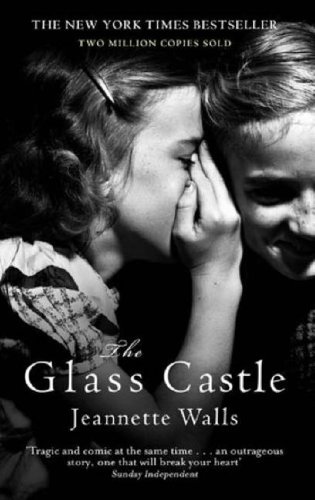Nelson Mandela’s recent death on Thursday, December 5th struck
sadness through many. Mandela’s legacy of apartheid and nonviolence will live
on forever in the hearts of many. In the Times Magazine article, The Indispensable Man: Nelson Mandela
(1918–2013) by Howard Chua-Eoan, the author recalls the life of Mandela.
From the beginning of his life when his name was Rolihlahla (which means
“troublemaker” in Xhosa language) to his Presidency of the country of South
Africa, Chua-Eoan captures it all. Mandela’s
life was full of bumps and triumphs including 27 years in prison and a lifetime
as a humble leader.
Chua-Eoan
uses Mandela quotes sporadically throughout the article. For example, when the
author writes about Mandela in prison, he quotes Mandela and how he “was the symbol of justice in the court of
the oppressor…the representative of the great ideals of freedom, fairness and
democracy in a society that dishonored those virtues. I [Mandela] realized then
and there that I could carry on the fight even within the fortress of the
enemy.” By adding this quote and many others, Chua-Eoan is able to driving home
his purpose of showing how amazing of a man Nelson Mandela truly was and how
his legacy will live on forever. The author also uses an idolizing tone of diction
throughout to describe Mandela. He uses words like “power”, “savvy saint”, and “modest”. The title of the piece is even
called “The Indispensible Man”!
Chua-Eoan wrote this article for anyone
who has ever heard of Nelson Mandela because Mandela was such an influential
figure in history. I believe that Chua-Eoan was able to achieve his purpose of
showing his readers the legacy of Mandela and the story of his life. This is
because he talks about all the key characteristics and actions Mandela had or
had done which had made him the “hero” Mandela is know as today. This article
is a fantastic commemoration of Mandela’s life. An amazing figure finally has
his freedom.
http://world.time.com/2013/12/05/the-indispensable-man-nelson-mandela-1918-2013/
